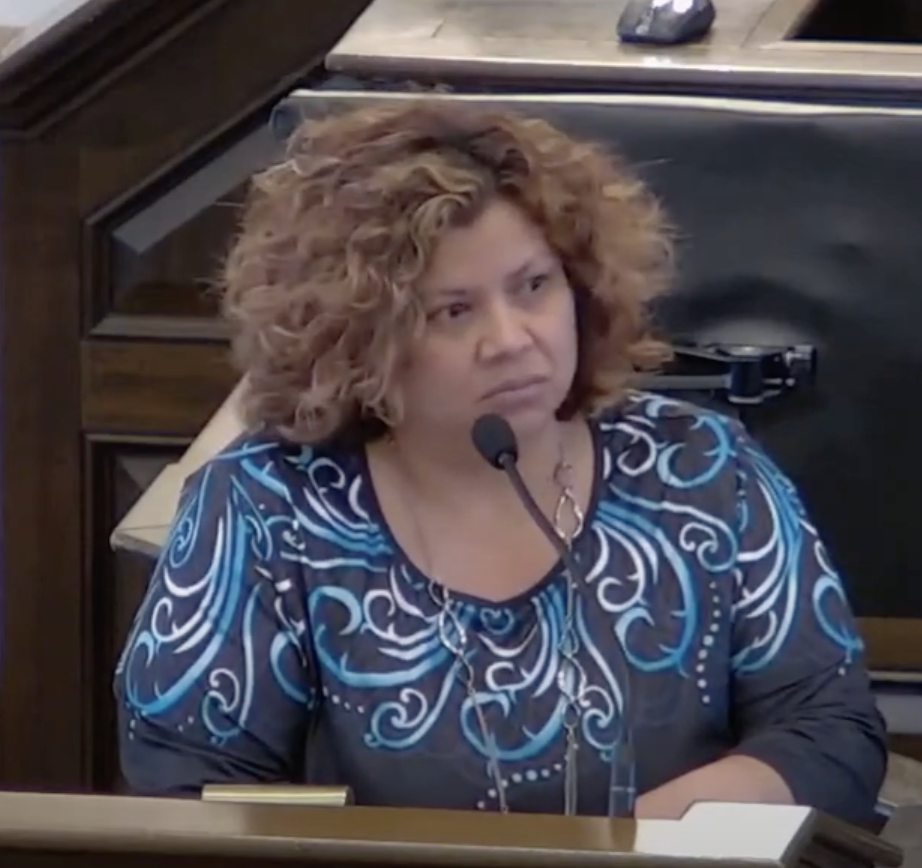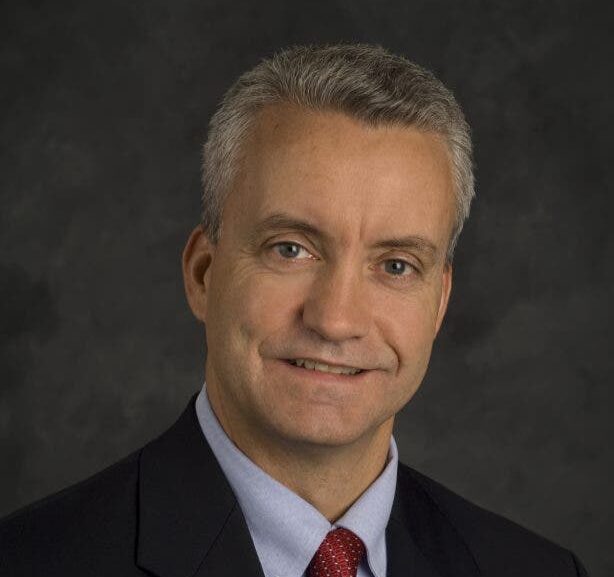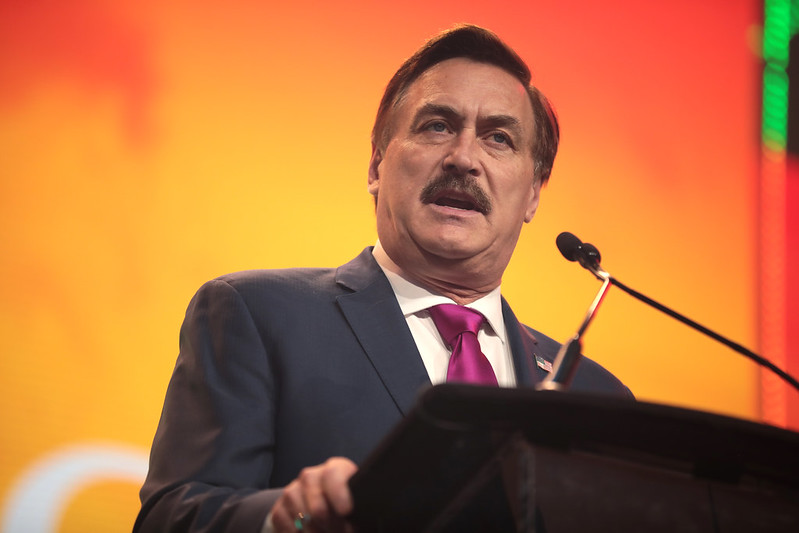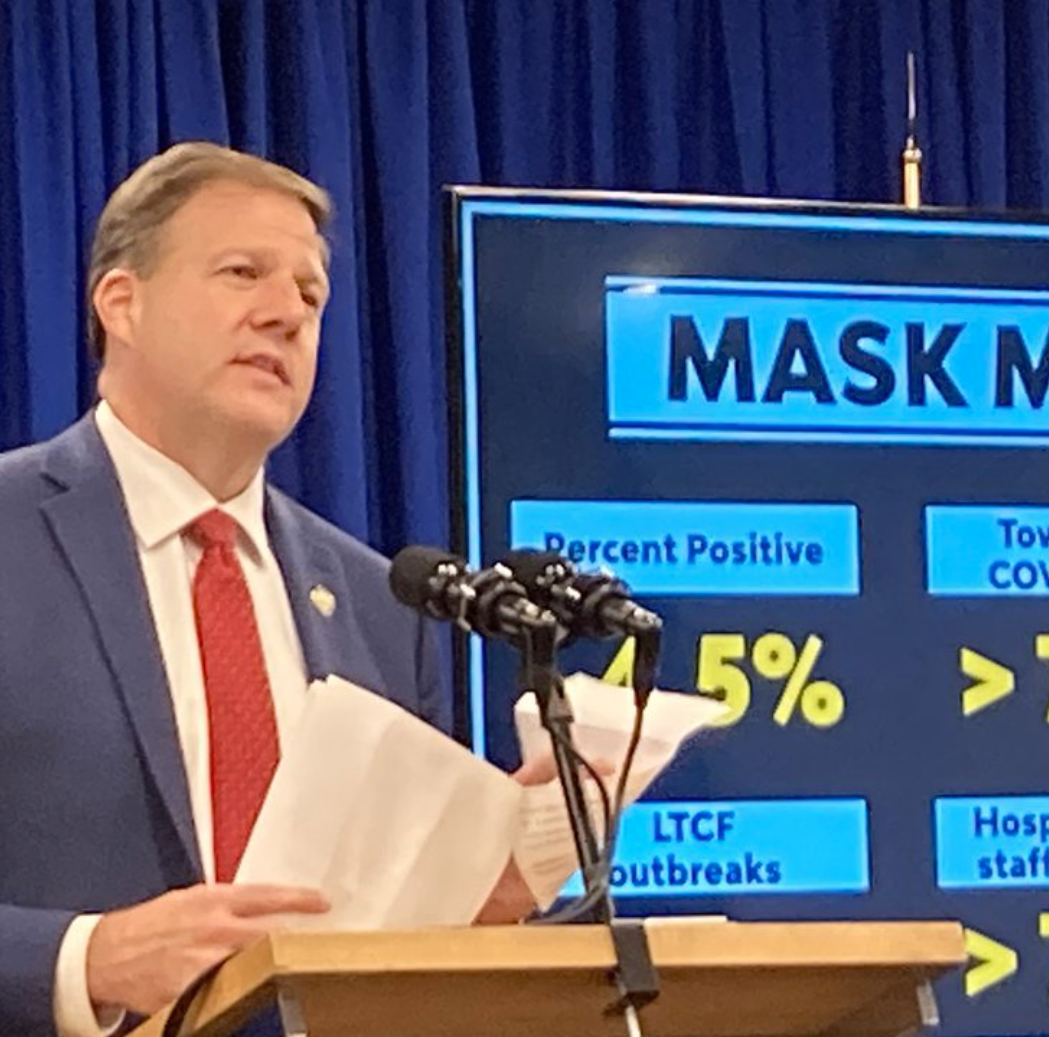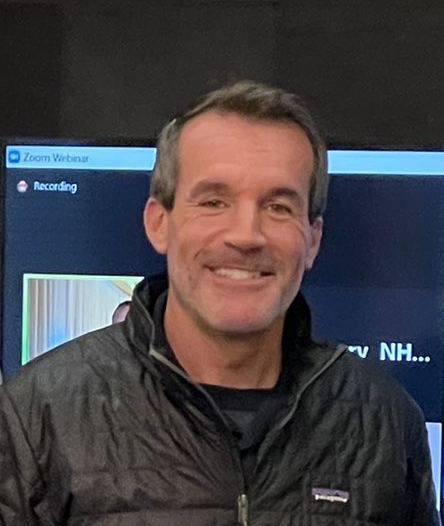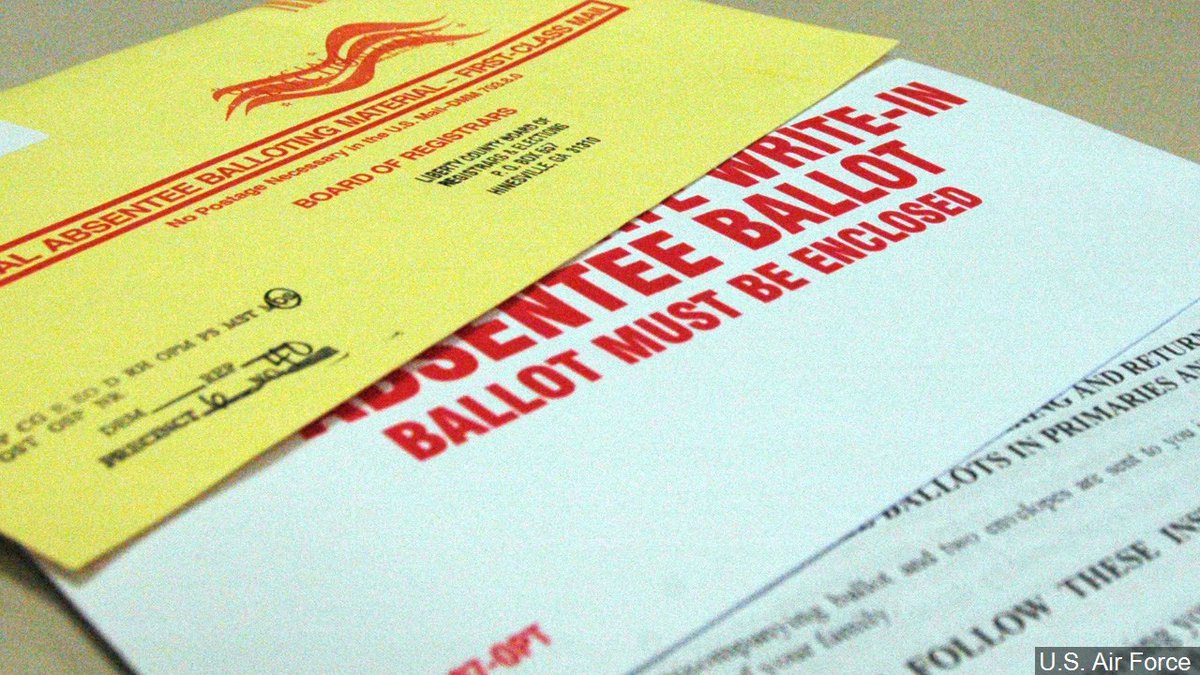
Brian Shaughnessy, a candidate for Bedford Town Moderator in the March 8 municipal elections, played a key role in the November 2020 elections in which two sets of ballots were mishandled and town officials kept the mistake a secret for nearly a year.
NHJournal’s reporting on the story can be found here, here and here.
Shaughnessy has since been nominated by Gov. Chris Sununu to serve as a Circuit Court judge. One of the five members of the Executive Council has already urged Sununu to withdraw the nomination.
Shaughnessy posted the following on Facebook Friday:
My name is Brian Shaughnessy and I am running unopposed for Bedford Town Moderator.
There is a write-in candidate, Hanan Wiseman, who has a website that contains false and misleading information about me. Mr. Wiseman’s website states: “We CANNOT allow someone like Brian Shaughnessy who is compromised and came under investigation from the Attorney General’s office for mishandling the 2020 election, then lied about it to the voters here in Bedford to oversee elections!”
He also states that I have said I do not work for the voters. In his defense, he is getting this inaccurate information from several stories and social media discussions that allege my involvement in a cover-up, and allegedly lying to voters in a letter I did not author or send. Almost all of this speculation and innuendo are inaccurate at best, and purposefully false at worst.
I am not the Town Moderator, I am not under investigation, I did not send any letter to the voters. I did not handle any of the ballots that are the subject of recent articles, nor was I in any way involved with the mistakes that were made, training the dozens of new election workers required to process the 7,700 absentee ballots received by Bedford for the 2020 COVID general election, or communicating any information to the state, town, or voters. I am an unpaid election volunteer performing my civic duty.
An honest mistake was made. After the November 3, 2020 election, the Assistant Town Clerk could not reconcile the number of ballots issued with the number of votes cast. This is a standard report/ reconciliation that is required to be filed with the Secretary of State’s office to assure the integrity of the election and guard against any ballot box stuffing or other attempts to “rig” an election.
As required by law, the NH Attorney General’s office conducted an investigation. Its report dated October 21, 2021, found no wrongdoing and determined that an election worker inadvertently moved a container of 190 uncounted absentee ballots which had been pre-opened per COVID related protocols to the table where the empty absentee ballot envelopes, which are required by law to be preserved for 3 years, were being stored for eventual transfer back to Town Hall for storage. After finding the unopened uncast absentee ballots, the Town Clerk immediately contacted the Secretary of State’s office and reported the discovery.
I was not the subject of the investigation or at any time “under investigation.” I was a witness in that investigation.
There was no lie. A letter sent by Moderator Klein and Town Clerk Gellar to the 190 absentee voters indicated that they were advised to not discuss this matter with anyone, not even the Town Council, because it was the subject of a pending investigation. In a detailed letter I sent to the Town Council prior to a November 17, 2021, Council meeting (both of which are public record), apologizing to the Council that it was left in the dark for 11 months while the Attorney General’s office was investigating the matter, I acknowledged that the Klein/Gellar letter could have been more articulately phrased, but that letter did not state that Bedford election officials were “ordered” by the Attorney General’s office to not discuss the matter with anyone while the investigation was pending.
The advice to not discuss matters relating to the pending investigation came from me, as a lawyer, advising someone who is the subject [of] a pending investigation that could support criminal charges (see RSA 661). Any notification to the Town Council would be subject to RSA 91-A (the right to know law), and any public statements could become fodder for social media which could impact the pending investigation. Standard legal advice.
Despite an accusation made by a Town Councilor during the November 17, 2021, Town Council meeting that my legal advice was “haphazard’: it is the same legal advice Moderator Klein and Clerk Gellar subsequently received from the Town Attorney.
I did not state election officials do not work for the voters. At the Town Council meeting, I responded to a particular question to me that incorrectly stated that the Town Moderator, an elected official, had a duty to report to the Town Council. The Town Councilor who made the inaccurate statement demanded that all of the Town officials who knew about the uncast absentee ballots and did not report it to the Town Council should resign. I responded that both the Town Moderator and the Town Clerk are also elected officers, and as Election Officials, they report to the Secretary of State’s office on election matters, which they did in this case, and not the Town Council (see NH Constitution, Part 2, Article 32 and RSA 659:60).
I further pointed out that I could not resign as demanded because I was not an elected official and only serve at each election at the discretion of the Moderator that appoints me. There was no office for me to resign from since I am simply a volunteer who does not get paid and is not elected. Bill Klein was very pointed in his statements that election officials are accountable to the voters.
From those statements, it is being reported, and repeated, that I have stated that we do not work for the voters and have no obligation to be transparent to the voters. Simply not true.
There was no effort to hide the ball, or intention to cover this matter up. I would never be a party to that type of behavior.
The Secretary of State’s office was notified within 30 minutes of the discovery which was the appropriate chain of command. During a meeting after the discovery was made, I recommended, and everyone agreed, that we would notify the 190 voters and apologize that they were disenfranchised through an honest mistake. That would only be done, however, once we received permission from the Attorney General’s office. We had no idea that the report would not be finalized until 11 months later, but Moderator Klein and the Town Manager knew from the beginning that at the conclusion of the Attorney General’s investigation, a report would be sent to the Town at which point it becomes a public document.
I firmly believe every Bedford official acted in good faith, fully cooperated with the investigation, and did what he/she believed was in the best interests of election integrity as a whole.
I agreed to run for Town Moderator again after Bill Klein indicated he was stepping down, and no one else signed up for the job. Today, more than ever, we need experienced people running our elections.
EDITOR’S NOTE: An earlier version of this story reported Shaughnessy is being considered for a Superior Court judgeship. It is the Circuit Court. NHJournal regrets the error.




